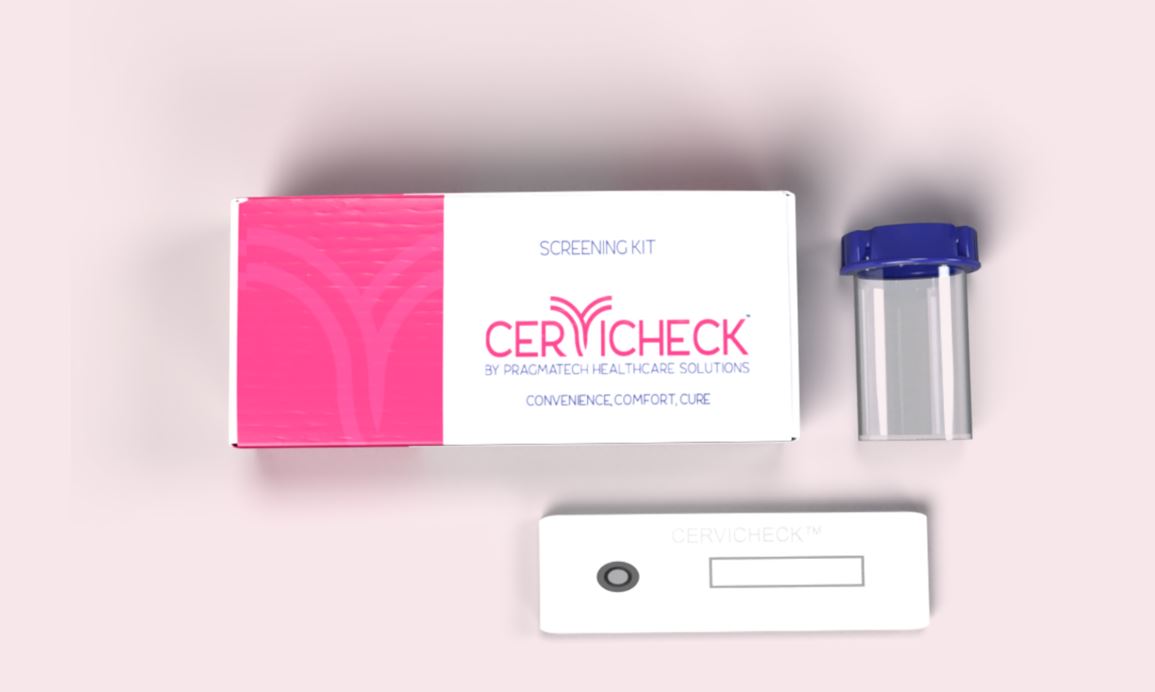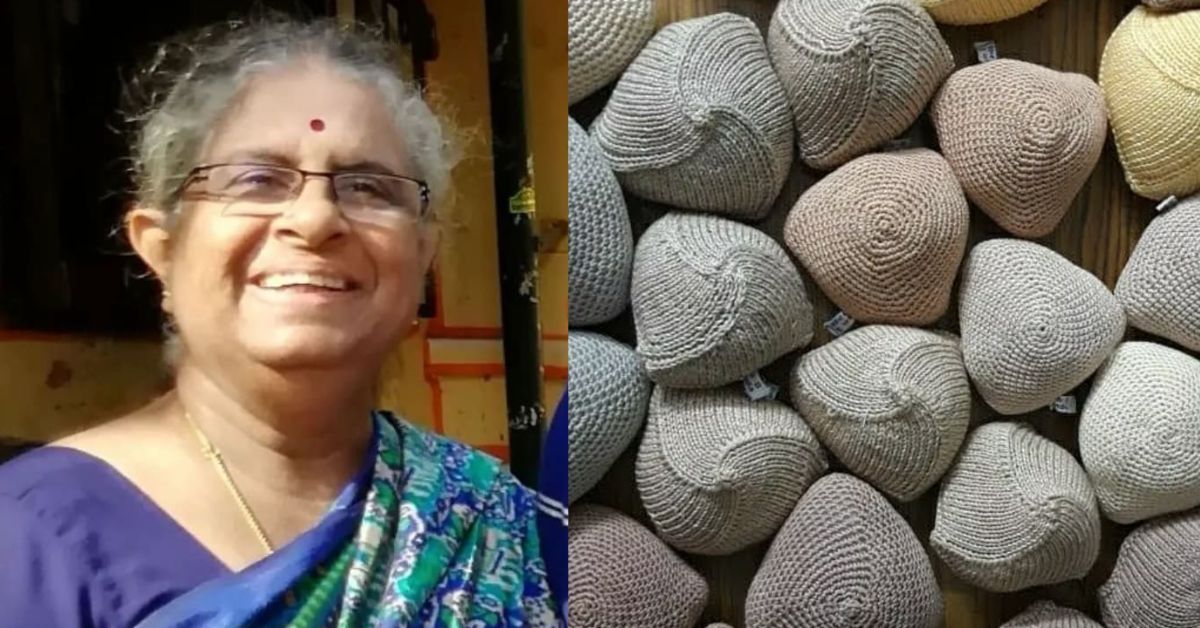In India, more women than men are diagnosed with cancer. The most common cancers are breast cancer, followed by the cervix, ovary, and corpus uteri.
Here are five initiatives that are helping women fight cancer with early detection and care:
To provide early detection and affordable testing, researcher Geetha Manjunath developed Thermalytix — an AI solution that offers a radiation-free and non-invasive way to detect early-stage breast cancer.
“Our device measures the temperature variation in the chest with the help of thermal imaging. Our AI converts the temperature distribution to a cancer screening report. It predicts if there is an abnormality or not. After this, the patients can go for an ultrasound,” says Geetha.
“So instead of 100 people going for an invasive mammogram or ultrasound, only the 2 to 8 who are detected with an abnormality can go in for further testing. This is a universal cancer screening solution and is globally relevant,” she adds.

Cervical cancer, if detected early and treated promptly, can be effectively cured. Typically, it takes 15 to 20 years for cervical cancer to develop in women with normal immune systems, whereas for women with compromised immune systems, like those with untreated HIV infection, the development time is shortened to 5 to 10 years.
Vadodara-based Anirban Palit along with his wife Dr Sayantani Pramanik developed a device called Cervicheck that helps detect cervical cancer at home. The self-sampling kit, they claim, can be used by women, particularly those living in rural areas, directly to collect their own samples at home.
“This kit gives accurate results, and it can not only do the HPV (human papillomavirus) test but also allows the gynaecologist to further check if the lesions are at the treatable stage or not,” claims Anirban.
Mumbai resident Jayashree Ratan creates crocheted prostheses for breast cancer survivors. These prostheses are made from 100 percent mercerised cotton yarn, which is soft on the skin and does not cause allergies. It is hand washable and fits well into the mastectomy bra.
She points out that some women have access to silicone breast prostheses, but most do not and are forced to stuff handkerchiefs and cotton balls in their bras to create an illusion of full breasts. This practice often leads to rashes, infections or painful skin abrasions. It was with an intention to help such women that she started making crocheted prostheses for breast cancer survivors.

Run by cancer survivor Shadi Ganz, this fully-equipped mobile breast and cervical cancer screening bus is equipped with a mammography machine, a control room where the mammography results are collected, and another section where women are examined for cervical cancer.
This mammomobile has toured around 92 villages in Tamil Nadu conducting about 500 mammograms a month.
Ganga Godavari Cancer Screening
By 2040, over one million women in India are at risk of developing uterine cancer. This programme by a global pharmaceutical company AstraZeneca aims to help these women with early detection.
The programme provides women with end-to-end support from early screening, awareness through educational activities, and cancer hospital referrals to a meticulous treatment follow-up structure.
Since 2019, the Ganga Godavari Cancer Screening programme has established 76 screening camps, benefiting over 4,000 women. Of these, 200 women were diagnosed early and referred to hospitals for subsequent treatment. Overall, the program has impacted more than 2.3 million lives of women and their families, with a goal to reach five million individuals by 2024.
Edited by Pranita Bhat
No comments:
Post a Comment